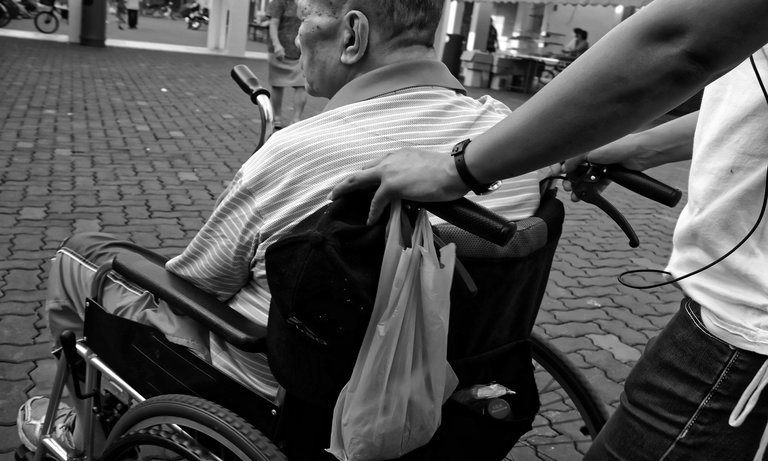 Think about social care jobs and the chances are that you will think about nurses, carers, chiropodists or housing officers
Think about social care jobs and the chances are that you will think about nurses, carers, chiropodists or housing officersHere, we outline just three of the roles in which workers can enhance the lives of vulnerable people through art, advocacy or simply providing a listening ear.
The chaplain
Ruth Pryce, a chaplain at a Liverpool’s Marie Curie Hospice says that she became a chaplain as a temporary measure, when cover was needed for the position.
She had previously been working as a nurse in the hospice, but found that the task-orientated nature of nursing meant that there was little time to offer patients the spiritual care they needed.
Becoming a chaplain enabled her to listen to patients and give them the time to look back at what they have done in their lives if they wished to. A chaplain has the opportunity to build relationships and get to know patients well. Whatever faith they have, or if they have none, a chaplain can support them at a difficult time in their life.
The ceramicist
Emily Hall is a ceramicist who works in various residential homes in Surrey and south London. Prior to starting work in a care home, she had had no experience of this type of environment, but now works with a wide range of residents, both in group sessions and on a one to one basis.
Sometimes she runs themes, and at other times, they work on projects that a resident suggests. Together, they create pieces and enjoy social interactions at the same time.
Emily says she has discovered some people with amazing talents, and a recent exhibition of ceramics from one of the care homes raised £800 from the sale of their works.
The women’s domestic abuse advocate
Many of the women who come to refuges to escape domestic abuse do so after they have called the National Domestic Abuse helpline. They are often worried that they have been followed, so they are met at the station.
They need help with applying for benefits, finding a GP and possibly schools for their children. Some stay for a few weeks and others for six months. One advocate explained how the refuge was unable to take in women who could not speak English, due to a lack of translators.
Since she is able to speak Punjabi, Hindi and Urdu, she is able to support women who speak these languages and help them to integrate into society. Although her career is extremely challenging at times, this advocate finds that it is also very rewarding.
Recruiters love this COMPLETE set of Accredited Recruitment & HR Training – View Training Brochure








